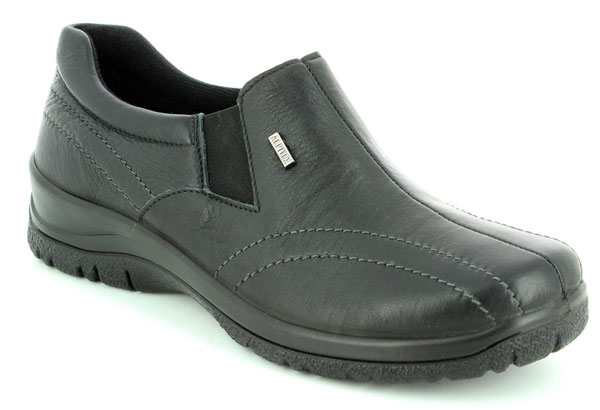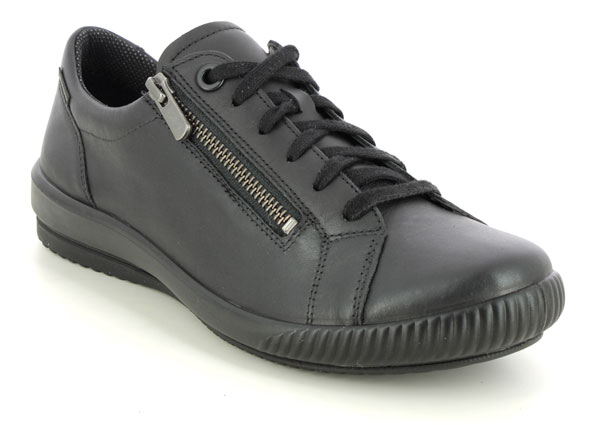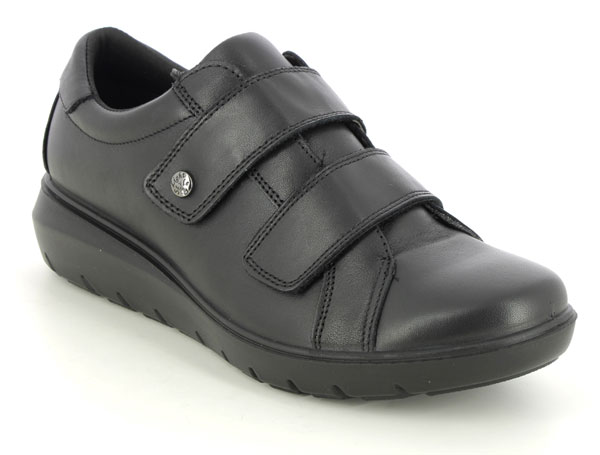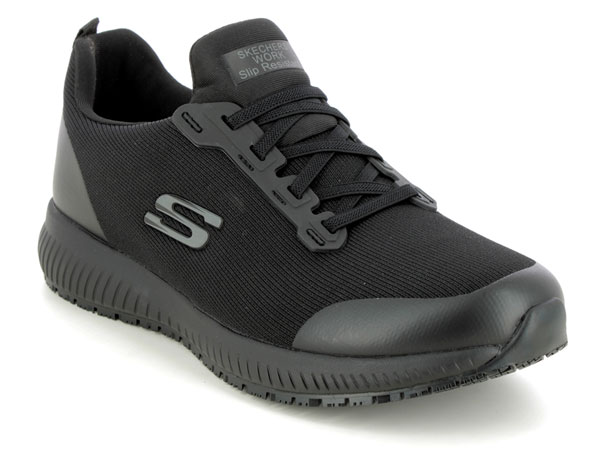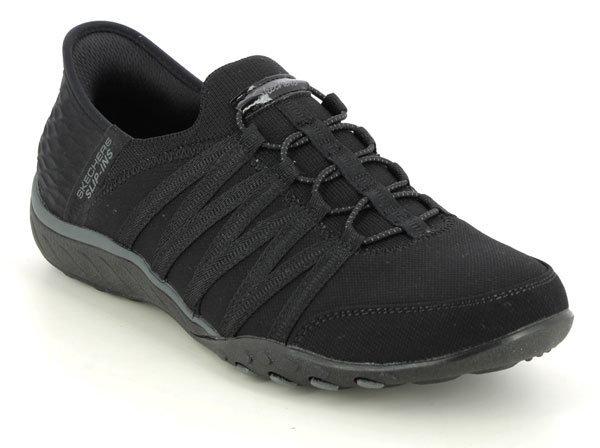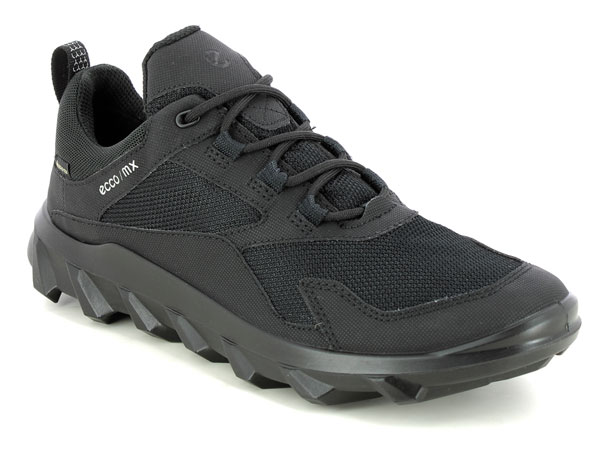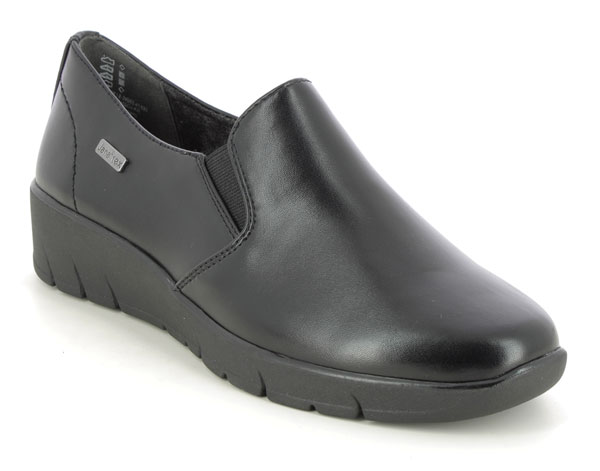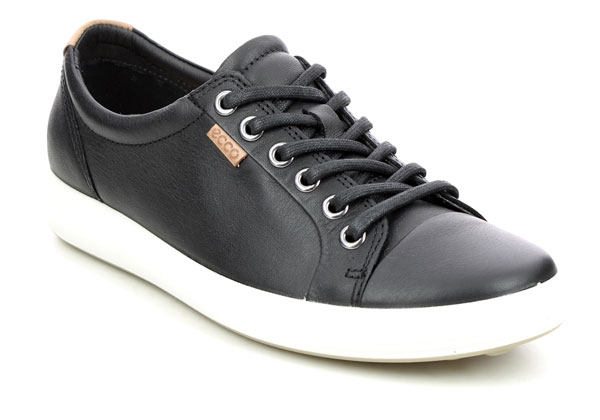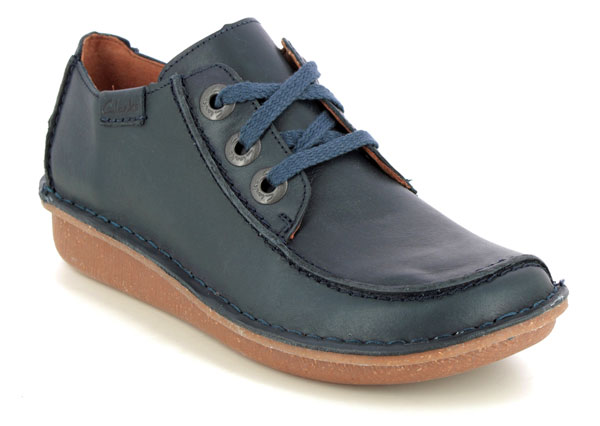Best Shoes For UK Nurses IN 2024 – Expert Recommendations & Reviews
Our comprehensive guide on the best shoes for nurses is designed to be the ultimate resource for choosing the perfect footwear to support you through those long, challenging shifts. Unlike other reviews, this guide is influenced by over 150 years of collective knowledge, ensuring you receive expert advice that stands the test of time.
It goes without saying that Nursing is a demanding job that involves spending hours on your feet each day. Whether you’re a seasoned nursing professional or a dedicated student, the importance of choosing the right shoes cannot be overstressed. In this blog, we’ll delve deep into the intricacies of nursing shoes, examining different styles, materials, and features that will make a significant difference to your daily grind.
Enjoy 10% OFF each of the shoes in our guide if you are a Blue Light Cardholder – You’ll find our discount code on their portal. All NHS staff & Emergency Services are eligible to sign up for a Blue Light Card.
Begg Shoes are one of Scotland’s longest-standing independent shoe retailers having been established in 1866. Six generations of the Begg family later, the business now boasts a team of footwear experts.
Important Features to Look For in a Nursing Shoe?
There are a few features to look out for when shopping for shoes for nurses. Whether you select one of our recommendations below or prefer to shop for your own, then make sure that your shoes feature these aspects to ensure comfort and support.
Support
A good nursing shoe should have a supportive arch and heel to prevent pain and fatigue. When you are on your feet for very long periods, that time can feel even longer in unsupportive shoes. Look for shoes with a deep heel cup for increased stability and built-in arch support to take the pressure off your feet. Wide toe boxes are also recommended as your feet will inevitably swell as they heat up.
Cushioning
Nurses spend a lot of time on their feet, so good cushioning is essential. One of the biggest misconceptions is that Memory Foam footbeds are the best for cushioning, however by their very nature, memory foam will compress during wear and over time will lose its initial comfort and cushioning. Look for shoes with shock absorption in the sole to help protect your joints and prevent foot fatigue.
Grip
Spills and slippery floors are common in hospitals, so shoes with good traction are a must. Rubber soles provide good grip on both wet and dry surfaces, and cleated soles also provide additional traction.
Durability
Nurses’ shoes can take a real beating, so they need to be made of durable materials. Leather shoes are the most recommended for durability, due to their flexibility and stretch. Leather is also very easy to care for, and regular shoe care can extend the life of your shoes. Man-made materials and textiles are much more susceptible to tears and cracking.
Comfort
Above all, your nursing shoes should be comfortable. Trying shoes on is the best way to ensure they are comfortable and fit well. You should be able to wiggle your toes and there should be no rubbing or pressure points. You may find you need to adjust the fastenings to get a suitable fit, or even use a different insole to ensure the best fit possible.
Shoes We Recommend for Nurses: Independently Reviewed
1. Best Overall – Clarks Un Loop, £75
The Clarks Un Loop is our best overall choice and a longstanding favourite in the nursing community. These comfort slip-on shoes have accent stitching and functional button detail for a unique look and a square toe box offers additional space to allow feet to expand.
PROS
- Quality leather upper for lasting comfort
- Reliable and long-lasting
- Easy slip-on fit
- Half sizes available
CONS
- Extremely popular – expect to match with colleagues
- Not waterproof
2. Best Value For Money – Alpina Eikelea, £89
This is undoubtedly the most popular value-for-money option on the market. These waterproof shoes boast many features suitable for nurses but are not specifically tailored to the needs of life on the ward.
PROS
- Secure Fit via Elastic Gussets
- Waterproof Tex Membrane
- Lightweight & Flexible Sole
- Value For Money
- Wide Fit
CONS
- Not as breathable as non-waterproof options
- No adjustable fastening
3. Best For Style – Legero Tanaro GTX Zip, £120
When it comes to high-quality comfort, Legero is one of the leading brands in our collection and the Tanaro is one of their tried and tested styles. These lacing shoes are available in a wide variety of colours, along with options to have a zip and lace or just laces on their own. They are also available without the Gore-Tex membrane if this is not a requirement in your field.
PROS
- Quality Leather Upper
- Gore-tex = Guaranteed Waterproof
- Removable Insole
- Laces Allow for Tightening
- Stylish Design
- Available in Multiple Colours
- Shock absorbent
CONS
- More Expensive than other options
4. Best For Long Shifts – IMAC Klizia 2V, £75
These shoes are perfect for nurses who spend all day on their feet – we suspect all of you! Made in Italy, this shoe will make running up & down the halls of a hospital ward or doctor’s room all day a breeze.
PROS
- Lightweight
- Italian Leather Upper
- Cushioned Insole
- Padded Collar
- Breathable & Absorbent
- Side Zip for Quick Fastening
- Excellent value for money
CONS
- Not a Recognised Brand
5. Best For Safety Features – Skechers Squad, £59
For those after a pair of nursing shoes in a trainer style, then these Skechers work shoes are ideal.
PROS
- Slip-Resistant Rubber Traction
- Slightly Wider Fit
- Stretchy Bungee Laces
- Electrical Hazard Safe Design
CONS
- Not Waterproof
- Lack Durability
6. Machine Washable Shoes for Nurses – Skechers Slip Ins Breathe Easy, £79
While not practical in every setting, the hands-free fastening on offer from Skechers Slip Ins makes them a much improved all-day work shoe compared to a standard Skechers trainer. The machine-washable design makes them easy to clean and care for.
PROS
- Available in Black and Navy
- Handsfree Slip-on design
- Elasticated Fit
- Super Supportive Footbed
- Air Cooled Memory Foam
- Wide Fit
- Vegan
- Machine washable
CONS
- Not Leather
- Not Waterproof
7. Best Trainers – Ecco MX Womens Gore, £120
For nurses looking for a premium trainer, the MX trainer from Ecco is ideal. This lightweight fashionable trainer has cushioning in abundance and is suitable for a busy day on the ward and then your run home afterwards.
PROS
- Fashionable
- Lightweight
- Breathable Material
- Extremely Cushioned
- Gore-Tex Guaranteed Waterproof
- Removable insole
CONS
- Higher Price
- Lacks Width Options
- Not Leather
8. Best Slip-On Nurse Shoes – Jana Bocci Wide Tex, £49.99 £44.99
Simple, easy to wear and waterproof, these Jana slip-on shoes are excellent value for money. The wide-fit shoes are a comfortable and roomy fit whilst the uncomplicated silhouette means they are suitable to wear with scrubs.
PROS
- Lightweight
- Wide Fit
- Easy to wear
- Waterproof
- Excellent value for money
CONS
- Not as stylish as other options
- Fits big
9. Best For Support – Ecco Soft 7 Lace, £125
One of our longest-standing styles, the Ecco Soft 7 range is known for its super soft leathers and supportive soles. The footbed is anatomically contoured with a heel cup and built-in arch support, whilst the removable insole offers an easy way to air out your shoes after long shifts.
PROS
- Lightweight
- Very soft leather
- Durable
- Hard-wearing
CONS
- Not as stylish as other options
- Can fit smaller
10. Best Navy Nurses Shoes – Clarks Funny Dream, £79.99
Funny Dream is one of Clarks’ most well-known and longest-standing styles. These women’s “pasty” shoes have an iconic shape with apron stitching and short laces. The navy leather upper is ideal for navy scrubs, whilst the square toe shape offers a roomier fit, ideal for longer days on your feet.
PROS
- Lightweight
- Very soft leather
- Excellent value for money
- Navy matches nurse scrubs
CONS
- Not as stylish as other options
- Not waterproof
Are Crocs Good Shoes for Nurses?
Crocs have been synonymous with nurses for over a decade now. Medical professionals love wearing Crocs due to them being lightweight, easy to take off when you finally get a moment to sit down and they don’t break the bank. However, you must be aware of the shortfalls with Crocs and how these could affect you individually.
Crocs don’t offer a secure fastening, room for expansion or heel support, a feature that is extremely important as your heel bears the brunt of pressures associated with walking all day. Furthermore, Crocs themselves are not absorbent and will get extremely sweaty during your shift. Should you still wish to wear Crocs, we recommend buying two pairs of Crocs and alternating each pair to ensure they dry correctly between uses.
Are Running Shoes Best For Nurses?
When it comes to choosing the best shoes for nurses, running shoes can be a great option. However, it’s important to consider the specific needs of a nurse’s job. Look for shoes that offer good arch support, ample cushioning, and a slip-resistant sole. It’s also important to choose shoes that are breathable and lightweight to keep your feet comfortable during long shifts.
Keep in mind the type of surface you’ll be working on, as certain shoes may not be suitable for all floors. By taking these factors into account, running shoes can be a comfortable and practical choice for nurses.
Types of Shoes For Nurses to Avoid
When shopping for the best shoes for nurses, there are certain styles and features that you will want to avoid. Ideally, you are looking for footwear that is supportive and hard-wearing for long days on your feet.
Completely flat shoes like ballet pumps can be particularly harmful to your feet, and can even trigger back pain if worn for long periods at a time. In the same vein, we would also advise against wearing heels for long periods, even if you are used to wearing a heeled shoe. These types of shoes push your heel up and this results in the arch of your foot losing its built-in shock absorbency.
From a practical point of view, we would recommend against man-made materials and encourage nurses to opt for leather uppers. Leather is a porous material, which makes it breathable, flexible and stretchy. This is ideal as your feet will expand as they warm up throughout your shift. Leather also allows for sweat molecules to escape. Man-made materials do not have these benefits and you may find your feet to be uncomfortably warm and sweaty after long periods of wear.
It might seem obvious, but we would also recommend avoiding heavy footwear. Shoes with heavy soles will increase foot fatigue, and in turn, the rest of your body can suffer. Whilst rubber soles are often preferred for offering more traction, the weight of the soles will become tiring after a while.
Conclusion
Finding the perfect nursing shoe shouldn’t need to be a worrying prospect. By understanding the demands of your role and the best fit for your specific foot shape and condition, you can be sure that foot pain after a long shift will be a distant memory.




